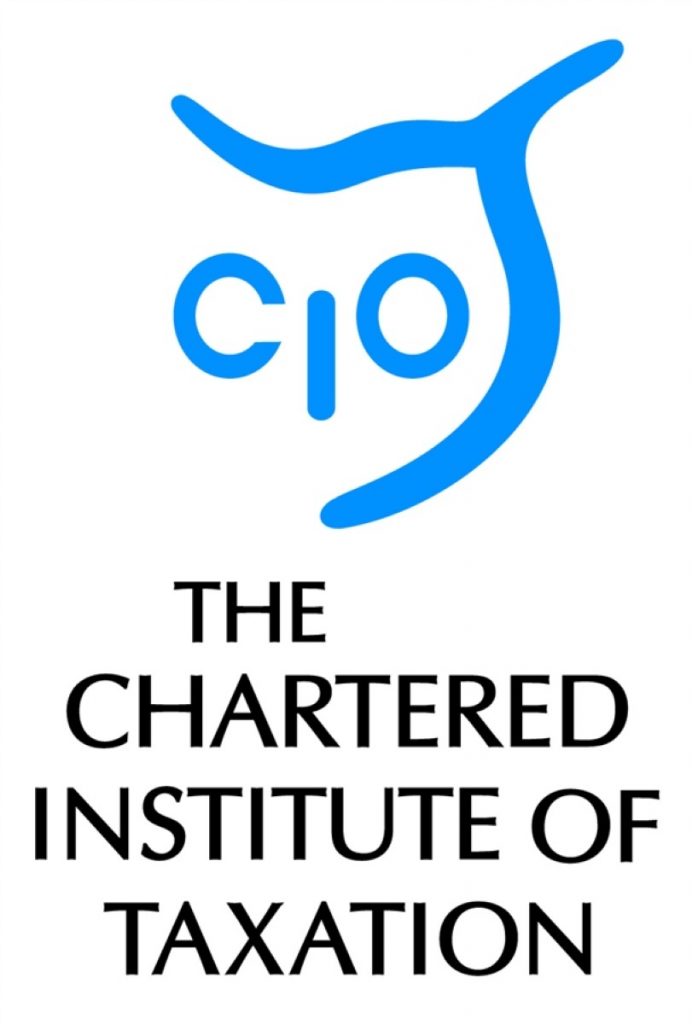CIOT: Government should not impose online filing on digitally excluded groups
The Government should not go ahead with plans to impose online filing on all the main business taxes without taking into account the needs of individuals who find online filing difficult or impossible by reason of cost, disability, or access, say the Low Incomes Tax Reform Group.
In today’s Budget it was confirmed that all businesses will be required to register and de-register for VAT and notify changes online from 1 August 2012, and to file VAT returns online and pay VAT electronically for VAT periods beginning on or after 1 April 2012. Online VAT filing and electronic payment is already compulsory for businesses with a VAT exclusive turnover of £100,000 or more, and those newly registering for VAT (whatever their turnover).
The Government will also consult on mandating use of the new online Registration Wizard for corporation tax, income tax self-assessment, class 2 NICs, PAYE and VAT.
Robin Williamson, Technical Director of LITRG, said:
“We have seen people with disabilities that prevent them from using computers, and very small businesses whose profit margins are so small that the cost of computers, broadband and training, or of appointing a professional agent, would have to be paid for by the proprietors in person. This they may not be able to afford, if (as is often the case) the proprietors themselves are on low incomes.
“Any move by the Government to compel online filing in such cases is disproportionate, and risks driving those people out of business altogether.”
LITRG has pointed out that the Government is not following its own declared policy on making services available to all.
On 23 November 2010 the Minister for the Cabinet Office, Francis Maude, made a statement on ‘Digital by Default’, in which he said that:
“This does not mean we will abandon groups that are less likely to access the internet: we recognise that we cannot leave anyone behind. Every single Government service must be available to everyone – no matter if they are online or not.”
Robin Williamson commented:
“We take this to mean that Government must make no difference between the online community and those who, often for good reason, remain unable to use a computer or the internet.”
Notes to editors
The Low Incomes Tax Reform Group (LITRG) is an initiative of the Chartered Institute of Taxation (CIOT) to give a voice to the unrepresented. Since 1998 LITRG has been working to improve the policy and processes of the tax, tax credits and associated welfare systems for the benefit of those on low incomes.
The CIOT is a charity and the leading professional body in the United Kingdom concerned solely with taxation. The CIOT’s primary purpose is to promote education and study of the administration and practice of taxation. One of the key aims is to achieve a better, more efficient, tax system for all affected by it – taxpayers, advisers and the authorities.
– ENDS –
George Crozier
External Relations Manager
D: +44 (0)20 7340 0569
M: +44 (0)7740 477374
The Chartered Institute of Taxation
Registered charity number 1037771
www.tax.org.uk
The Association of Taxation Technicians
Registered charity number 803480
Registered company number 2418331
VAT Registration Number 497 5390 90
www.att.org.uk
1st Floor, Artillery House, 11-19 Artillery Row, London SW1P 1RT





-01.png)